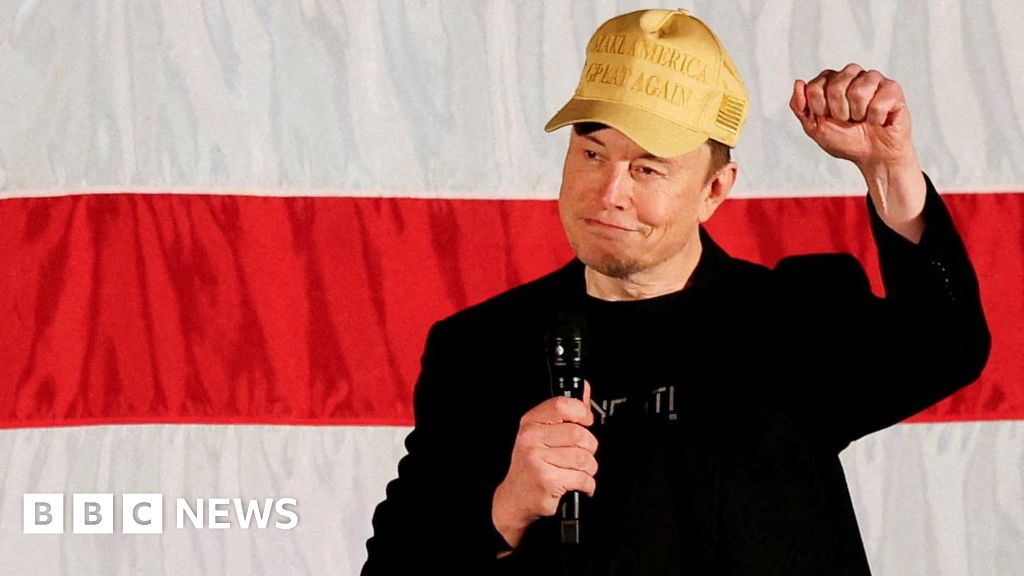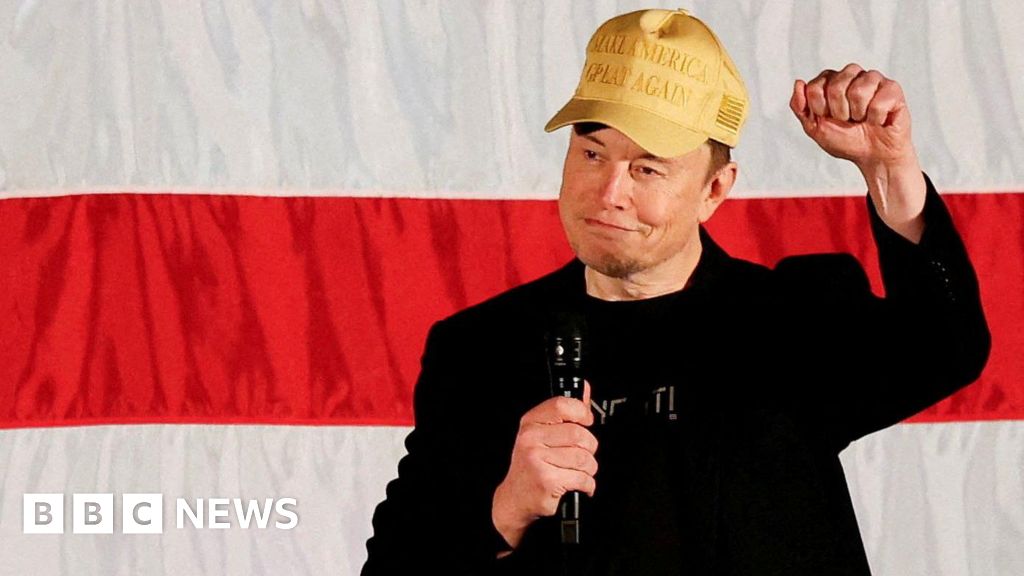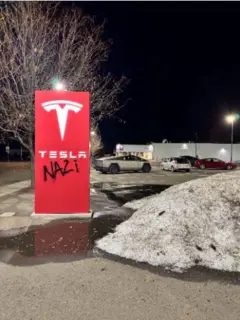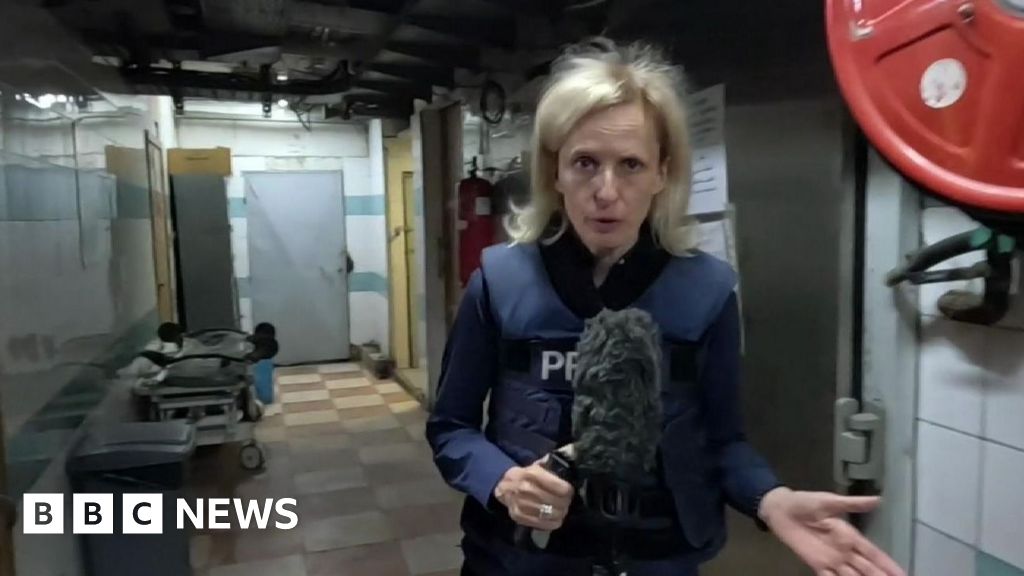
Tech billionaire Elon Musk has said he will give away $1m (£766,000) a day to a registered voter in the key swing state of Pennsylvania until the US presidential election in November.
The winner will be chosen at random from those who sign a pro-constitution petition by Mr Musk’s campaign group AmericaPAC which he set up to support Republican nominee Donald Trump’s bid to return to the White House.
The first lottery-style cheque was given away to a surprised-looking attendee at a town hall event on Saturday night.
The giveaway will effectively help to encourage potential Trump voters to engage in the campaign during the tense final weeks of the presidential race ahead of the vote on 5 November.
Mr Musk’s offer has raised questions around its legality.
Prominent election law expert Rick Hasen wrote on his personal Election Law Blog that he believed Mr Musk’s offer was “clearly illegal”.
Federal law states anyone who “pays or offers to pay or accepts payment either for registration to vote or for voting” faces a potential $10,000 fine or five year prison sentence.
Though Mr Musk is technically asking Pennsylvania voters to sign a form, Mr Hasen questioned the intent behind the strategy.
“Who can sign the petitions? Only registered voters in swing states, which is what makes it illegal,” Mr Hasen, a professor at the University of California, Los Angeles (UCLA) law school alleged.
Those who sign the petition – which pledges to support free speech and gun rights – will have to give their contact details, potentially allowing AmericaPAC to contact them about their vote.
Both Mr Musk and AmericaPAC have been approached for comment.
Campaigns and political action committees rely on tactics like petition signing, survey requests, or merchandise purchases to build massive databases of voter information. That data can then be used to more accurately target voters, or raise funds from supporters who are already onboard.
Mr Musk had previously offered to give $47 to anyone who got a registered swing-state voter to sign the petition.
That strategy raised eyebrows from campaign finance experts like Hansen, but could fall under a loophole under US election law because no-one was being directly paid to vote – despite introducing money into a process that could identify likely Trump voters.
In the US, it is illegal to provide payments to get people to vote – not only for a certain candidate, but to simply cast a ballot.
The rule prompted ice cream maker Ben & Jerry’s to give its product free to everyone on election day in 2008, having initially planned to limit it just to those with an “I voted” sticker.
On Sunday, Pennsylvania Governor Josh Shapiro, a Democrat backing Kamala Harris, called Mr Musk’s strategy “deeply concerning.”
Shapiro told NBC News’ Meet the Press that law enforcement should potentially look at the payments.
Mr Musk, who has emerged as a key Trump supporter in recent years, launched AmericaPAC in July with the aim of supporting the former president’s campaign.
He has so far donated $75m (£57.5m) to the group, which has quickly become a central player in Trump’s election campaign.
The Trump campaign is highly reliant on outside groups such as AmericaPAC to canvas voters.
A statement on the groups website reads: “AmericaPAC was created to support these key values: Secure Borders, Safe Cities, Sensible spending, Fair Justice System, Free Speech, Right to Self-Protection.”
Mr Musk said he wants to get “over a million, maybe two million, voters in the battleground states to sign the petition in support of the First and Second Amendment.”
“I think [it] sends a crucial message to our elected politicians,” he added.
Mr Musk is currently the world’s richest man, with an estimated net worth of $248bn (£191bn), according to US business magazine Forbes.
The 2024 presidential race will likely come down to seven key battleground states including Pennsylvania as well as Wisconsin, North Carolina, Georgia, Michigan, Arizona and Nevada.



